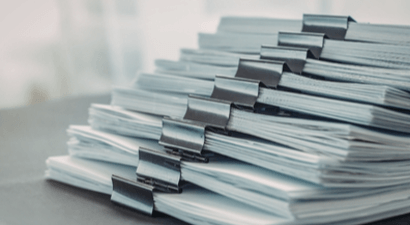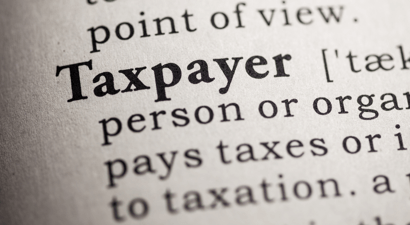How to Substantiate an input tax deduction without a tax invoice
The VAT process is fairly simple if you have a tax invoice to substantiate your entitlement to an input tax deduction. However, if the supplying vendor fails to issue you with a tax invoice, the question then arises as to whether you, as the recipient vendor, can rely on section 20(7) or section 16(2)(f) of the Vale-Added Tax Act No 89 of 1991 (the “VAT Act”) by using the contract between the parties to substantiate your entitlement to an input tax deduction?
This was the question posed in an appeal in the Western Cape High Court case of South Atlantic Jazz Festival (Pty) Ltd v CSARS 2015. South Atlantic Jazz Festival (Pty) Ltd (the ''appellant'') held annual jazz festivals and had concluded sponsorship agreements with various companies (''sponsors'') in terms of which the sponsors paid money and provided goods and services to the festivals and, in return, the appellant provided branding and marketing. All parties were registered VAT vendors. The court had to answer whether or not the sponsorship contracts could be regarded as tax invoices.
Section 16(2)(f) of the VAT Act at the time of the assessment read as follows:
“No deduction of input tax in respect of a supply of goods or services…or any other deduction shall be made in terms of this Act, unless – the vendor, in any other case, is in possession of documentary proof, as is acceptable to the Commissioner, substantiating the vendor’s entitlement to the deduction at the time a return in respect of the deduction is furnished.”
Section 20 (7) of the VAT Act states that:
''Where the Commissioner is satisfied that there are or will be sufficient records available to establish the particulars of any supply or category of supplies, and that it would be impractical to require that a full tax invoice be issued in terms of this section, the Commissioner may, subject to such conditions as the Commissioner may consider necessary, direct:
(a) that any one or more of the particulars specified in subsection (4) or (5) shall
not be contained in a tax invoice; or
(b) that a tax invoice is not required to be issued; or
(c) that the particulars specified in subsection (4) or (5) be furnished in any other
manner.''
The court upheld the appeal and found that:
Where a recipient vendor is entitled to an input tax deduction but is not in possession of a tax invoice as envisaged in section 20(4), the recipient vendor may use any other document that has sufficient information to determine the particulars of the supply, to substantiate its entitlement to the deduction of input tax. The document must however be a document that is acceptable to the Commissioner. In this regard, Interpretation Note 83 provides direction as to when section 20(7) will be applicable, and if in doubt whether the document is an acceptable document as envisaged in section 16(2)(f), you can contact Shepstone and Wylie or consult the Commissioner by applying for a VAT ruling from SARS.
This judgment proves that it is worth fighting SARS if the law supports your argument. The court’s decision is a departure from previous decisions and thinking that no input tax credit may be claimed without a tax invoice. The court also highlighted the fact that, where the wording of a statute is clear and unambiguous, the statute must be applied according to its purpose.





